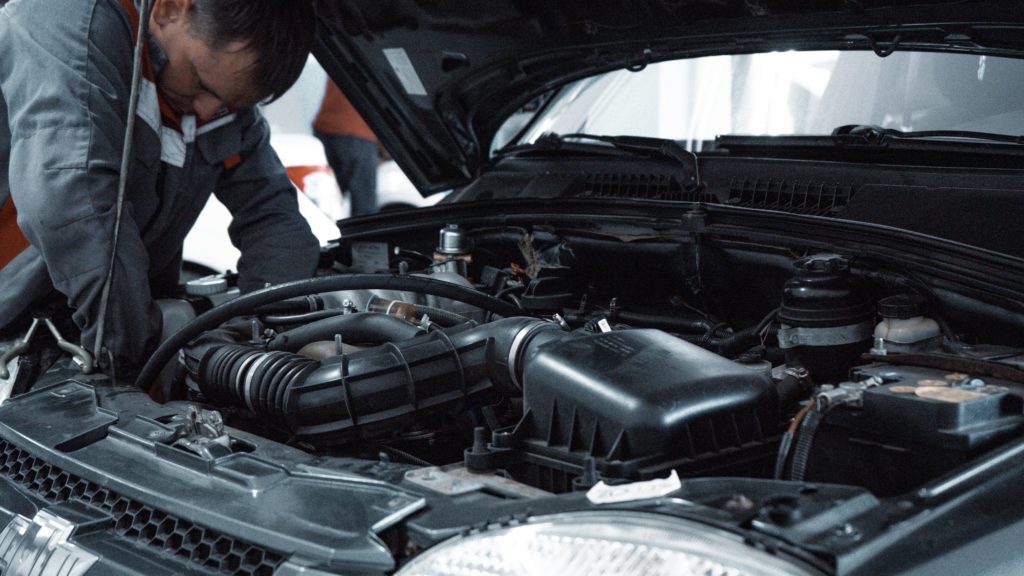Car repairs can be costly, especially if you need to replace a major component like the engine or transmission. You may want to consider a loan if you don’t have the funds to pay for repairs. Several loan options are available for financing car repairs, each with its advantages and disadvantages.
Types of Loans for Car Repairs
The choice of a loan that would be suitable in the event of a car breakdown depends directly on how much the repair will cost and whether you have savings.
Personal Loans: Personal loans are both secured and unsecured loans that can be used for a variety of purposes, including car repairs. Personal loans are easy to obtain and offer quite a large amount of money that can be used to pay for repairs in one lump sum.
Title Loans: Title loans use your car as collateral, which means that if you fail to make payments, the lender can take possession of your car. Title loans are generally easier to obtain than other types of loans, but they typically come with high-interest rates.
Home Equity Loans: If you own a home and have equity in it, you may be able to obtain a home equity loan to pay for car repairs. Home equity loans are secured by your home, which makes them a more affordable option compared to unsecured loans. These loans are more suitable for very large repairs of expensive cars or buying a new one, as you can get up to 75% of the market value of your home.
Credit Cards: If you have a credit card with a high enough limit, you may be able to use it to pay for car repairs. However, credit cards can be expensive due to high-interest rates, especially if you don’t pay off the balance in full each month.
Requirements for Loans for Car Repairs
The requirements for obtaining a loan for car repairs will vary depending on your loan type. In general, you’ll need to meet the following requirements:
- Most lenders require borrowers to be at least 18 years of age.
- You need to be a permanent resident or citizen of the country where you’re applying for the loan.
- Lenders will want to see proof of a steady income to ensure that you can make the monthly payments.
- A good credit score will help you secure a lower interest rate and better loan terms.
Interest Rates and Fees
Interest rates on loans for car repairs can vary depending on several factors, including your credit score, income, and the type of loan. Be sure to compare interest rates and fees from different lenders to find the best loan for your needs. Some lenders may also charge fees for processing your loan application or paying off your loan early. Be sure to ask about these fees when shopping for a loan.
Alternatives
You should obviously go through all of your options, including alternatives to auto repair loans, before deciding how to pay for auto repairs. Check your auto warranty and any warranty extensions first to see if the cost of the repairs is already covered.
Next, enquire about the conditions of any payment plans the repair company could have through a lending institution. Consider using a willing relative or friend as a resource instead of borrowing money if you have that opportunity.
In addition, you can ask friends or relatives if they can lend you the amount you need. Yes, you still lend money, but your environment most often does not charge interest for this and does not set clear deadlines. However, it all depends on the amount because not everyone has enough “free” money.
Bottom Line
Car repairs can be costly, but a loan can help you finance the repairs you need to keep your car on the road. Before applying for a loan for car repairs, make sure you understand the different loan options available and the requirements for each. By doing so, you can make an informed decision and find the best loan for your needs.

